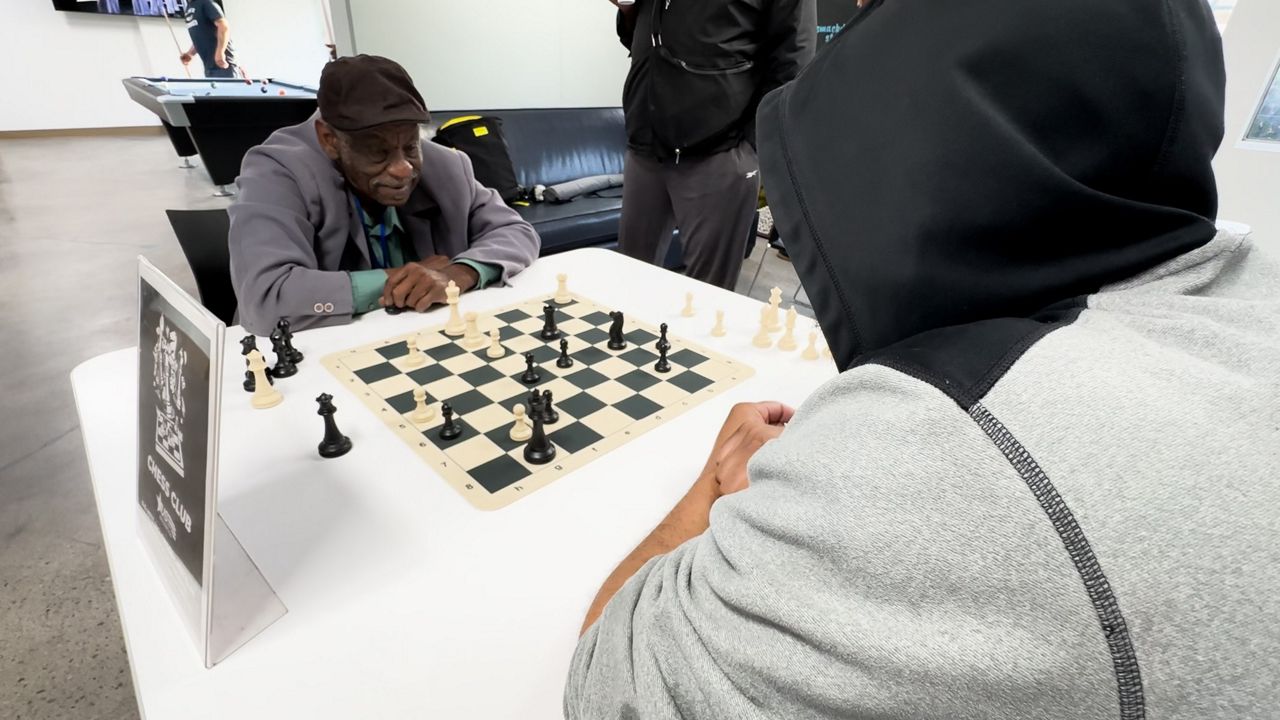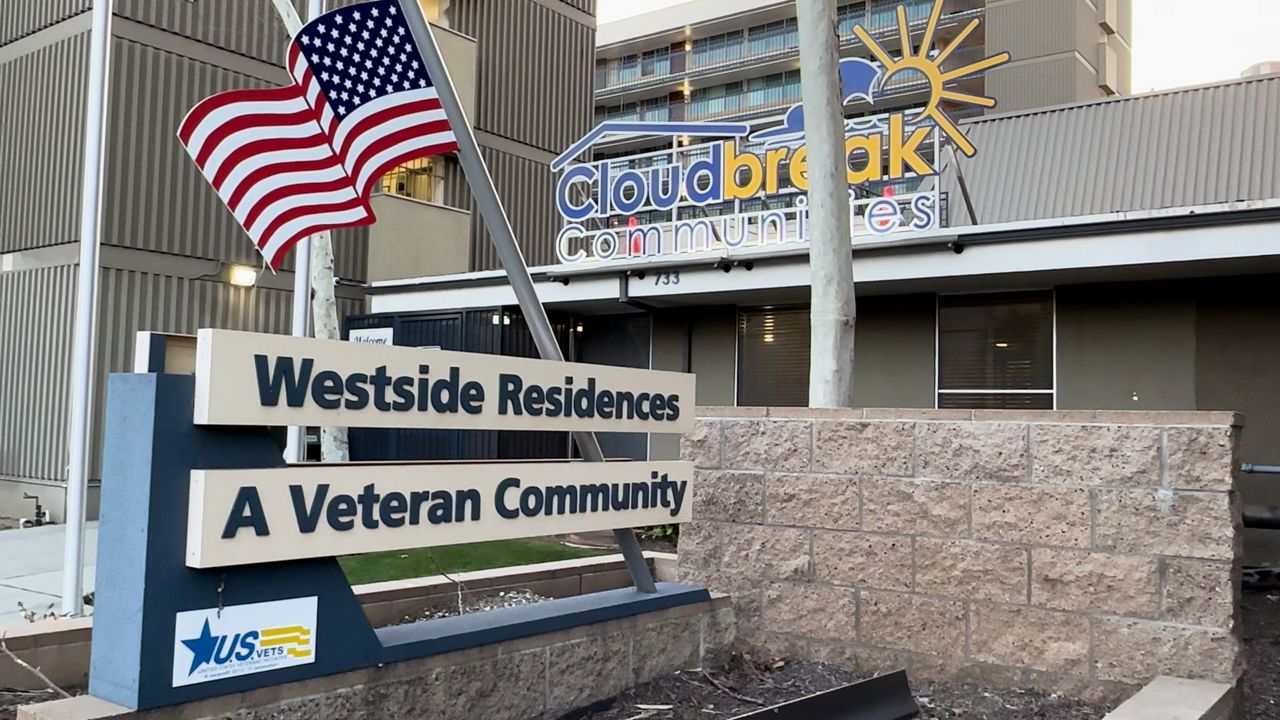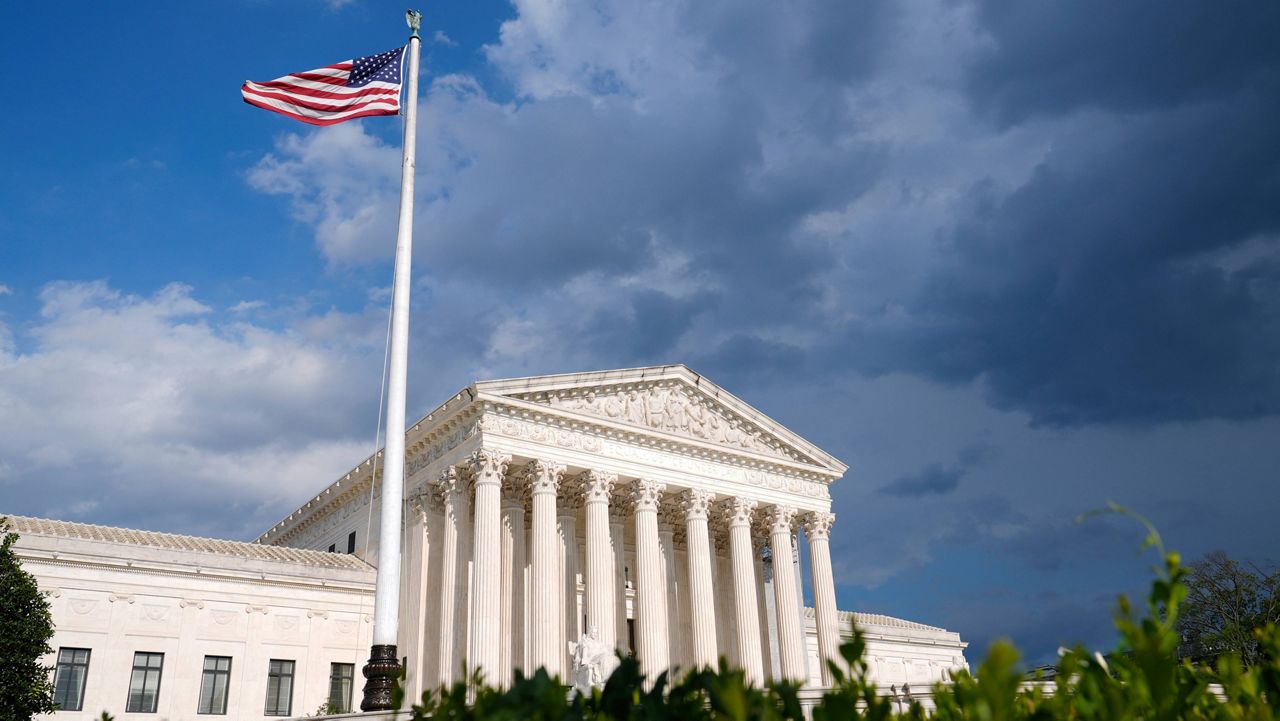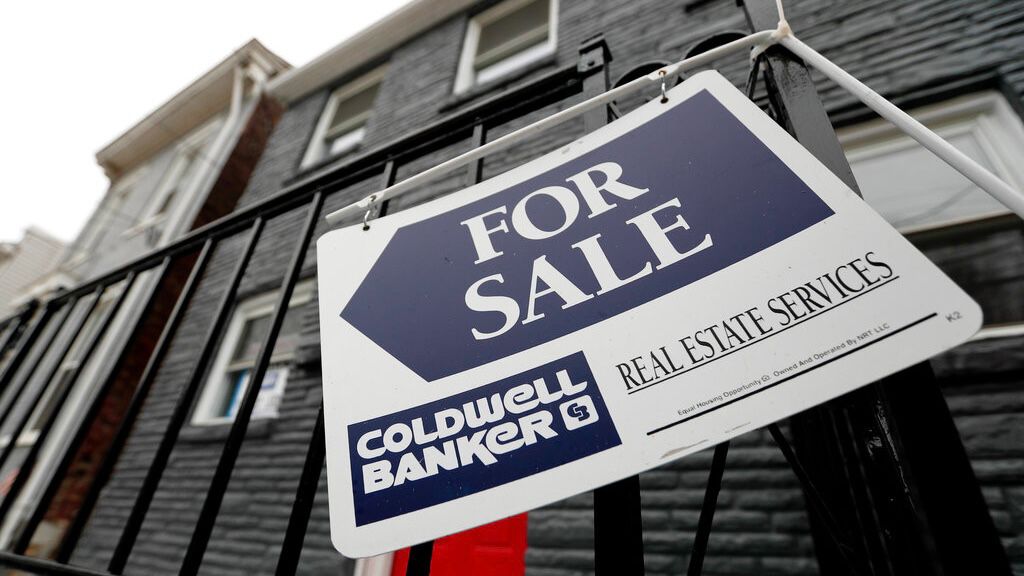INGLEWOOD, Calif. — More than 500 veterans live at the U.S.VETS housing complex in Inglewood.
One of them is John Taylor, who served at Vandenberg Air Force Base during the Vietnam War.
He said that when he and others finished their service; they were treated as if they had spat on the flag and disgraced America.
Taylor said he lost his housing after his landlord was involved in a drug deal. This site provides transitional and permanent housing for veterans who might otherwise have nowhere else to go.

“It’s relatively safe compared to living on the streets. I’ve never lived on the streets. It scares me to death,” Taylor said.
Stephen Peck is the president and CEO of U.S.VETS, the largest nonprofit in the country that provides housing and services to homeless and at-risk veterans.
He said mental health and substance abuse are huge contributors to the growing homelessness issue in California.
“Thirty percent of homeless who come into a permanent housing kind of drop out because they have bad habits that those you know, some of those bad habits got them homeless in the first place,” Peck said.

He estimates Proposition 1 funding would provide up to 8,000 units of permanent affordable housing with wraparound services across California.
“Veterans who have given part of their lives to serving this country deserve to be supported,” Peck said.
But shifting money away from county mental health services to housing isn’t a solid solution, said Dr. Lisa Wong, director of LA County’s Mental Health Department.
“If Prop. 1 passes, 30% of the mental health services dollars that were allocated, it would then be used on housing only, and those dollars come from dollars that we’re using right now on providing mental health services,” she said.
Last year, she said the county spent that money on outpatient services alone.
If Proposition 1 passes, she said they’ll have less than 18% to spend on outpatient services and other programs, including crisis response and homeless engagement.
“When you’re talking about a seriously mentally ill population, clinical services are essential,” Dr. Wong said.
“The homelessness issue has not changed dramatically here in Los Angeles in many years. I think it’s time for us to try something different,” Peck said.
According to the 2023 homeless count, LA has roughly 3500 veterans experiencing homelessness, more than any other city in the country, and California is home to one third of the nation’s homeless vets.
Taylor says he can’t imagine living on the streets.
“No place for anybody. No place for a human being,” he said.
Grateful for housing and a fresh start.












